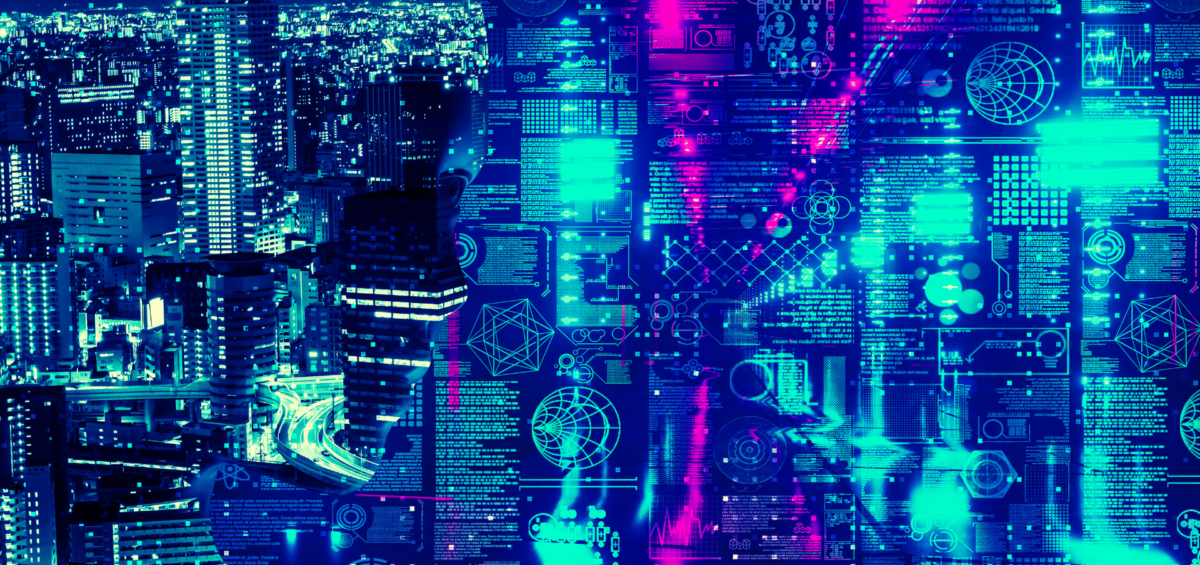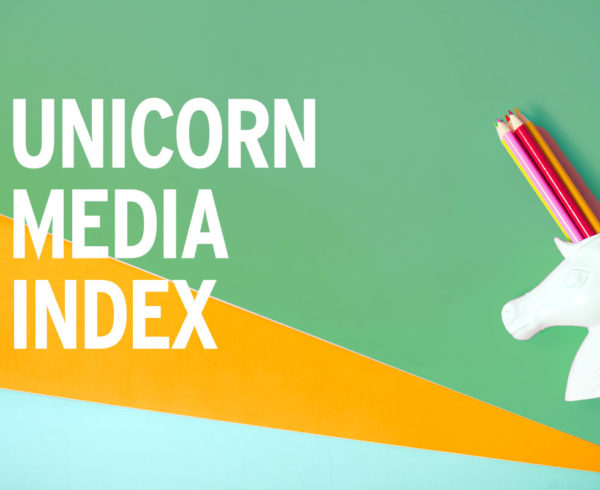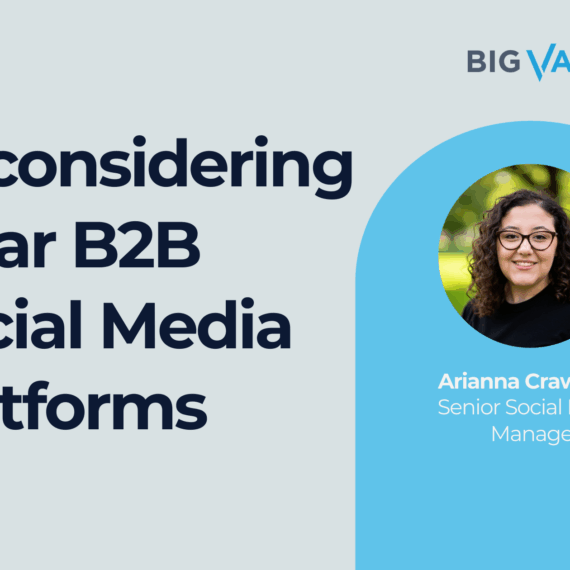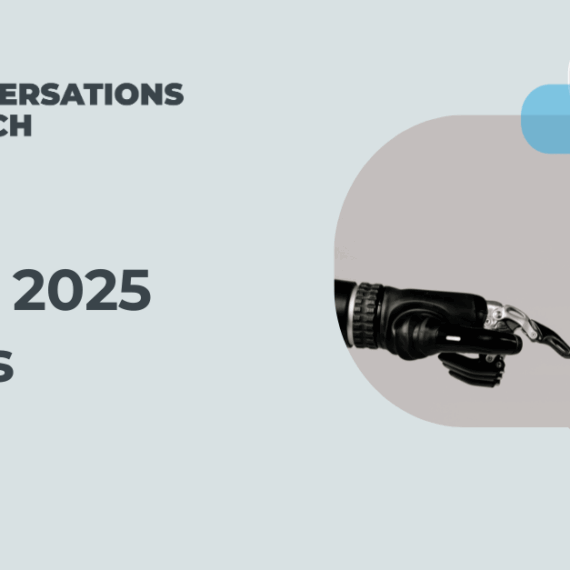CES 2024 is a wrap, ushering in a new generation of high-tech gadgets, bigger (and transparent) screens, cutting-edge appliances, and emerging tech we’ve grown to expect from the premier consumer electronic trade show – and, of course, AI. Lots and lots of AI.
This year’s show, which drew 135K attendees (a roughly 20K increase over last year, according to the Consumer Trade Association), featured significant product announcements and a glimpse into how we’ll engage with tech in the years ahead – like driving a car with game controllers. Here are a handful of things that stood out:
It’s me, AI. I’m the problem; it’s me.
As more and more “AI-powered” or “-enabled” products hit the market, our understanding of and ability to differentiate between the types of AI technologies continues to be challenged.
2023 was no doubt a banner year for artificial intelligence – it ranked #1 in our Top Conversation in Tech: 2023 report – and it’s poised to continue to be one of the most, if not the most, talked about technologies in 2024. At CES, AI of all shapes and sizes stole the show floor and the agenda, with nearly a quarter of the event’s 400+ in-person sessions and live streams revolving around the topic.
The issue, however, is that while every company rushes to brand their products as using or being AI, the lines between the truly impactful generative technology poised to change our day-to-day lives and the products leveraging more traditional motion or computer vision technologies – like pillows designed to help you stop snoring, activity tracking dog collars, and AI-powered manicure machines – are being blurred in a way that makes it hard to discern the superpowered from the not-so-super.
Our Brilliant, Optimized Future
From AI-emboldened baby strollers (Gluxkind) to daily nutrient dispensers (NutriStation), magic mirrors (Anura) to chef-level results in as little as 90 seconds (Perfecta), CES also showed us that the modular tidiness of many a dystopian novel (or IKEA) has never been more attainable for those with the money to offshore daily tasks to an algorithm.
It’s easy to look at CES solely through a consumer lens, but it’s also not hard to grasp the business implications. Rabbit AI sliced the concept of knowledge even more thinly in announcing its “AI-powered answer engine.” It’s a short leap to imagine this more-focused-Siri in the pockets of executives, right next to a translation device like Timekettle.
More than anything, it’s clear we’re still in an age of optimization, trying to learn coding and sous vide while raising children and remembering to vote. As we continue to compartmentalize daily experiences into AI-powered algorithms, it will be interesting to see if AI helps us gain a richer life experience – or strips the less predictable pieces from it.
Wi-Fi 7 Emerges
While CES is known for the cool gadgets we’ll all be clamoring for, there was still plenty of business tech on display during the show. AI-enabled hardware like laptops and chips, cutting-edge 3D displays and the latest batch of productivity apps promise to boost efficiency in the workplace, but it was Wi-Fi 7 that sneakily took a big step forward.
Now, we might not see rapid adoption of Wi-Fi 7 quite yet given the cost/benefit over WiFi 6, but now that the Wi-Fi Alliance has started certifying devices that support Wi-Fi 7, it appears all systems are go for companies to ensure this new standard featuring the coveted multi-link operation will begin appearing in the latest phones, computers and even cars entering the market in 2024.
More Human Than Human?
CES 2024 also called to mind the ever-softening concept of personalization. This is work that companies like D-ID, with their Creative Reality Studio, are directly contributing to, while many others are bumping up against the idea of “human without the drama and production costs.”
Look no further than the recently struck deal between SAG-AFTRA and Replica Studios. From A/B testing to chatbots, we have always wanted to do more with less – but it feels increasingly plausible with AI.
How will these dramatically broadened horizons affect “user-centric” concepts like user experience and individual validation? How will intentions change as we slowly remove humans from one side of the equation? What are we building toward – and what will happen when these concepts collide?
Maybe we’ll find out at CES 2025.
CES 2024 might be over, but continue to check back here for updates and recaps from other top conferences in tech throughout the year.











